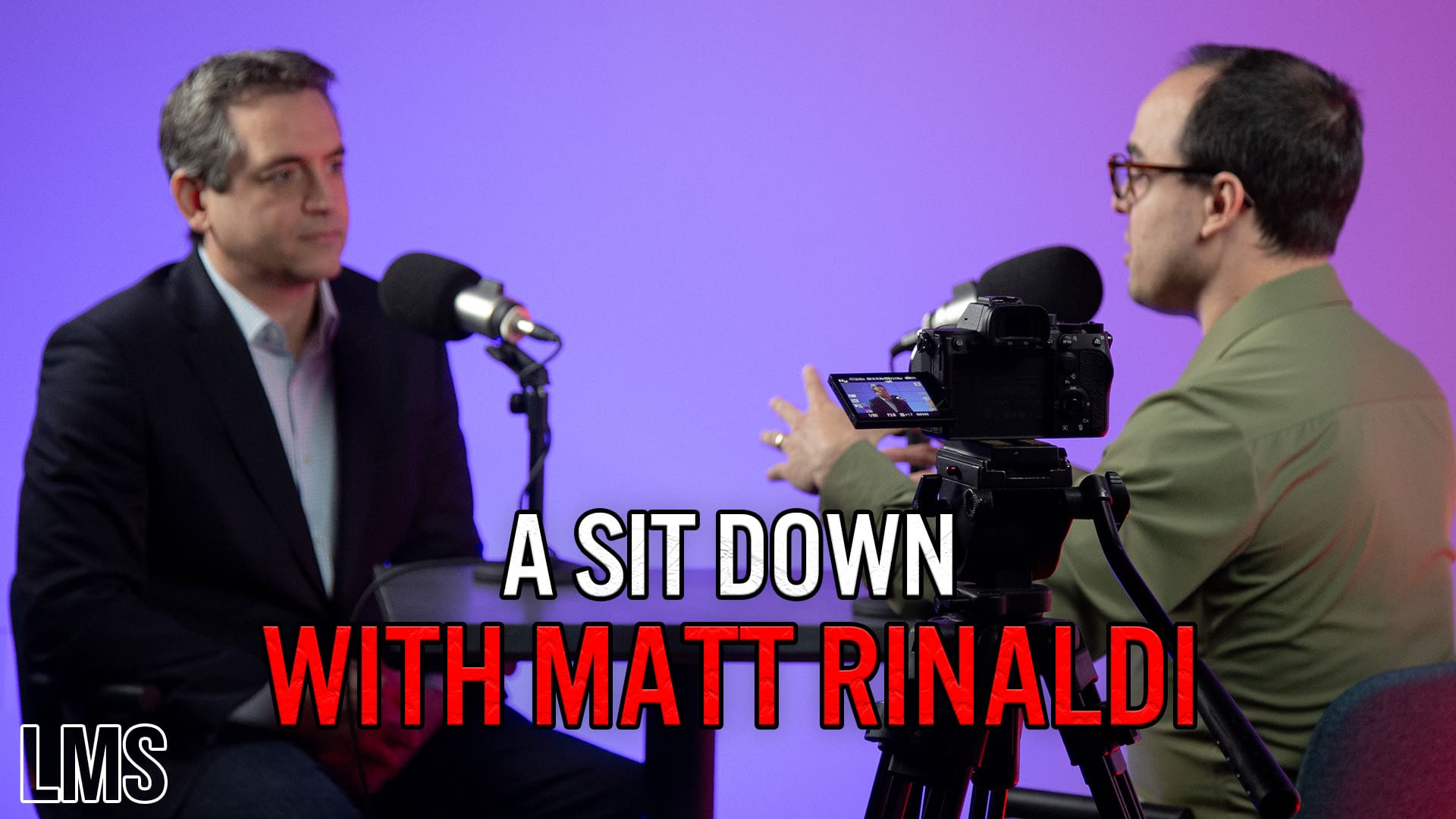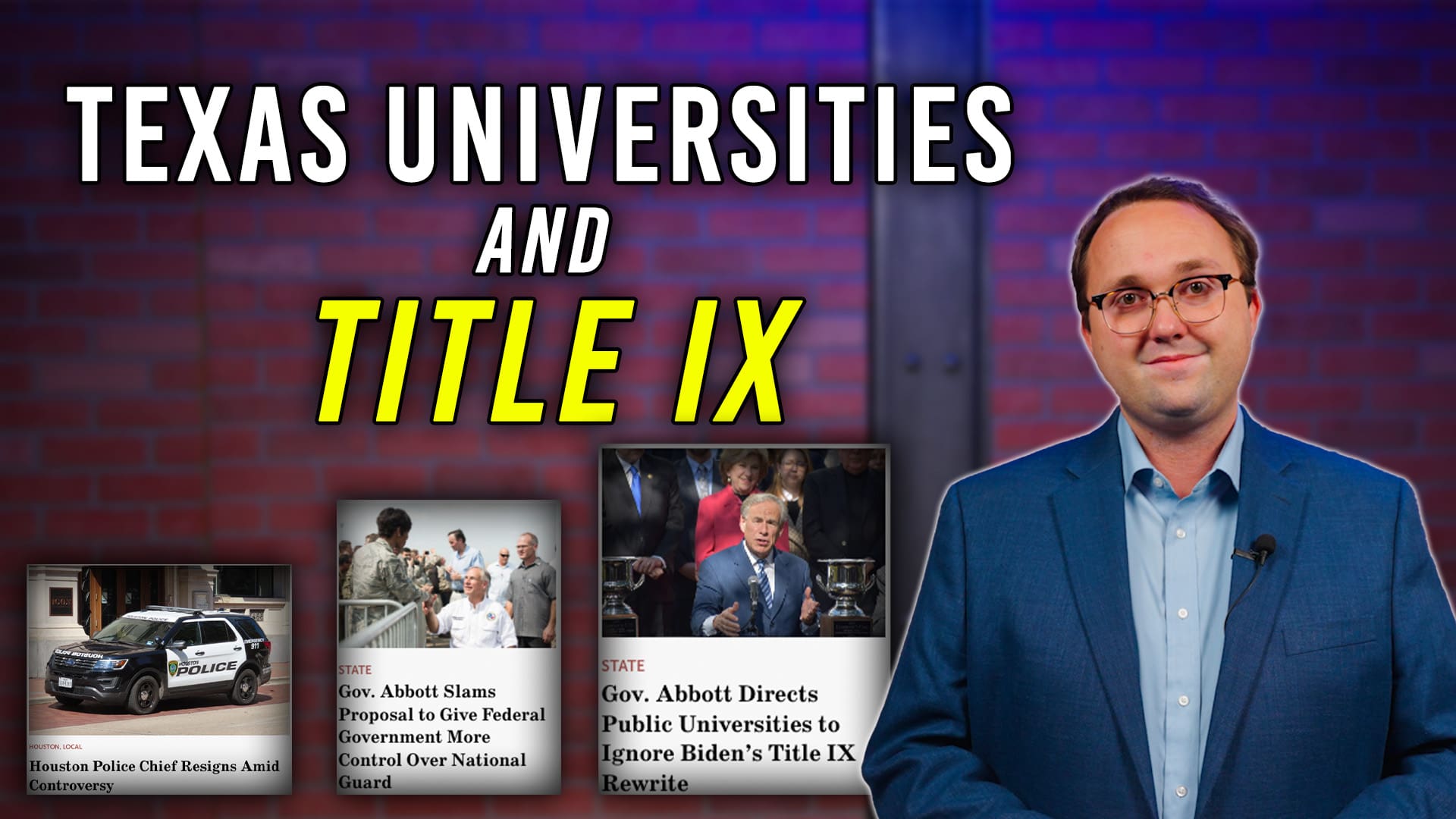HOUSTON — With the two chambers still battling over varying approaches to property tax relief, Lt. Gov. Dan Patrick says his good faith with House Speaker Dade Phelan has been broken over the past several weeks.
In calling the current special session, Gov. Greg Abbott has embraced a plan to use the money to help buy down—or “compress”—local school property taxes.
The House passed a bill to do just that, providing just over $12 billion in property tax compression, then adjourned “Sine Die” that day, meaning they would not return for the remainder of the special session.
The Senate, meanwhile, passed their own version that divided up the same $12 billion with a smaller amount of compression but with an increase to the homestead exemption from $40,000 to $100,000, a move Patrick says is meant to ensure that more of the relief goes to homeowners rather than businesses.
That stalemate has continued, as Patrick and the Senate have stood firm in their embrace of an increase to the homestead exemption.
Now, the lieutenant governor is taking shots at Phelan’s priority corporate welfare legislation.
House Bill 5, which was signed into law recently by Gov. Greg Abbott, creates a new statewide economic incentive program to replace the state’s controversial Chapter 313 program, which ended after lawmakers declined to renew it during the 2021 legislative session.
It does so by allowing businesses to apply for a 10-year abatement—or reduction—of school district property taxes, which the state pays instead.
“Dade Phelan says, ‘I’m good giving a 10-year exemption to businesses … but I don’t want to give it to a homeowner who desperately needs a tax break,’” said Patrick.
When asked by Texas Scorecard if he regretted passing the legislation through the Senate in the final days of the regular session, Patrick said it was part of a good faith negotiation gone wrong.
“You know, I deal in good faith, and HB 5 was not a bill that I liked. The only reason we passed it was because we felt like we needed to get more natural gas tax incentives to build; that was the only reason,” said Patrick, adding that after the House had previously approved a piece of legislation increasing the homestead exemption, he did not think they would “pull the rug out.”
Patrick indicated it was not the only occasion where he felt like negotiations were being handled less than honestly between the two chambers.
“For the last night of session, there was a disagreement over two bills, and they said, ‘If you’ll pass our bill, we’ll pass yours.’ We passed their bill in good faith, and they killed ours. So, my good faith with the speaker is kind of broken,” said Patrick.
Meanwhile, Patrick said he recently had an hour-and-a-half conversation with Abbott, during which the governor said he would sign any property tax relief bill the two chambers agreed to.
“The governor has not said that he would veto a homestead exemption, and he hasn’t said he’s for it,” said Patrick. “But I think I know this governor pretty well. There’s no way in hell that Governor Abbott is going to veto a $100,000 homestead exemption increase.”





